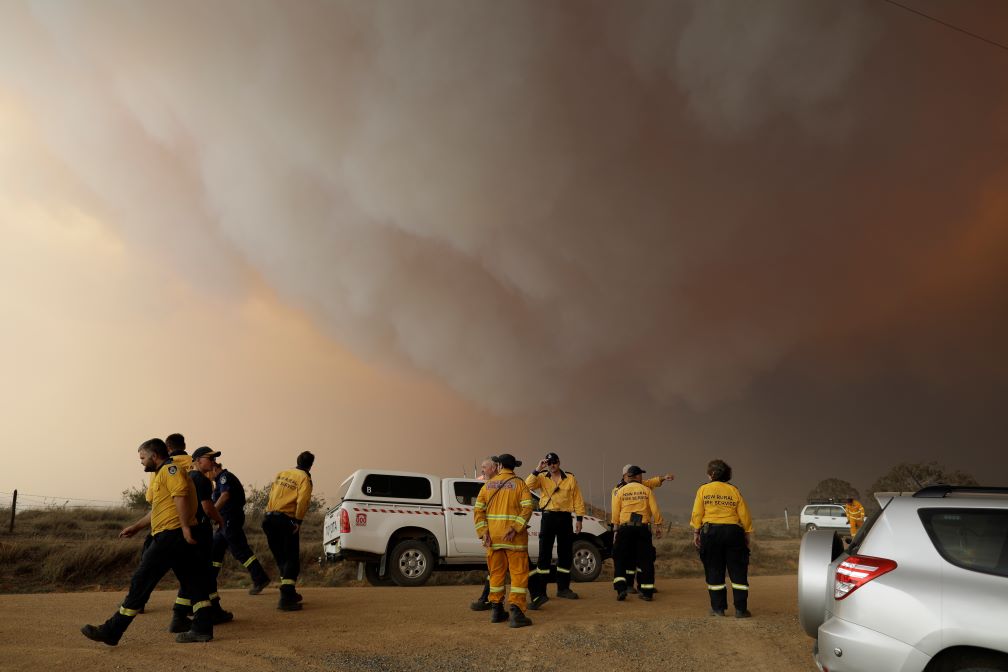By: Leigh Reinhold
The Law Society of NSW has warned its members they could be legally liable for compensation claims from clients affected by property damage brought on by climate change-induced weather events.
Potential negligence claims could arise for solicitors including in the areas of conveyancing and commercial transactions, highlighting climate risks associated with real property and business assets,” said the Law Society in its new Legal Implications of Climate Change guidance.
Compiled by the Society’s Climate Change Working Group, the guidance, released on Tuesday (February 27), said more severe and more frequent extreme weather events – storms, floods, droughts and heatwaves – will impact commercial and residential buildings.
And solicitors in NSW should be prepared to advise their clients of the potential risks of climate-related damage, and question if a property has been properly assessed and whether it could be difficult to find mortgage financing and insurance for a property in the future.
The Law Society urged members to consider their “evolving duty of care” and be “meaningfully aware” of how climate change will impact their professional obligations.
They advised solicitors it is their duty to warn clients about potential climate risks; disclose all climate legal risks; and undergo professional training to better advise clients on risks and mitigation strategies.
Launching the Legal Implications of Climate Change guidance, the President of the Law Society of NSW, Brett McGrath, said the provision of advice around climate change risks is “a natural consequence of solicitors’ professional standards and legal ethics”.
“We can’t avoid the novel and complex questions of law that the effects of climate change will raise across the spectrum of legal practice,” he said.
The guidance advised members they should adapt and react to the altering climate landscape and asked solicitors to consider a range of possible impacts arising from global heating including increased regulations, litigation, public scrutiny and reputational damage.
“The legal profession has both the opportunity and obligation to ensure that clients have the benefit of advice that will assist them to deal with the physical, regulatory and liability risks associated with climate change,” Mr McGrath said.
In response to the Society’s Legal Implications of Climate Change guidance, the CEO of the Australian Institute of Conveyancers (NSW division), Chris Tyler, said he would be raising the matter with the AICNSW Board at its next meeting on March 25.






